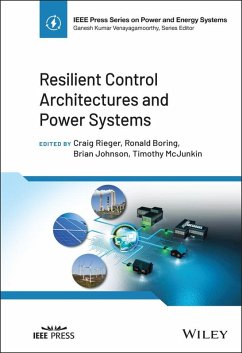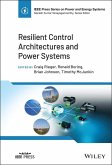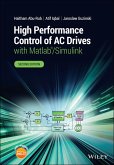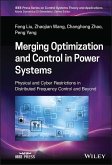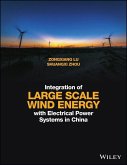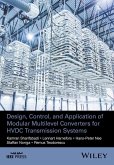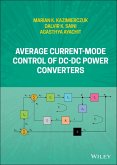Master the fundamentals of resilient power grid control applications with this up-to-date resource from four industry leaders Resilient Control Architectures and Power Systems delivers a unique perspective on the singular challenges presented by increasing automation in society. In particular, the book focuses on the difficulties presented by the increased automation of the power grid. The authors provide a simulation of this real-life system, offering an accurate and comprehensive picture of a how a power control system works and, even more importantly, how it can fail. The editors invite various experts in the field to describe how and why power systems fail due to cyber security threats, human error, and complex interdependencies. They also discuss promising new concepts researchers are exploring that promise to make these control systems much more resilient to threats of all kinds. Finally, resilience fundamentals and applications are also investigated to allow the reader to apply measures that ensure adequate operation in complex control systems. Among a variety of other foundational and advanced topics, you'll learn about: * The fundamentals of power grid infrastructure, including grid architecture, control system architecture, and communication architecture * The disciplinary fundamentals of control theory, human-system interfaces, and cyber security * The fundamentals of resilience, including the basis of resilience, its definition, and benchmarks, as well as cross-architecture metrics and considerations * The application of resilience concepts, including cyber security challenges, control challenges, and human challenges * A discussion of research challenges facing professionals in this field today Perfect for research students and practitioners in fields concerned with increasing power grid automation, Resilient Control Architectures and Power Systems also has a place on the bookshelves of members of the Control Systems Society, the Systems, Man and Cybernetics Society, the Computer Society, the Power and Energy Society, and similar organizations.
Dieser Download kann aus rechtlichen Gründen nur mit Rechnungsadresse in A, B, BG, CY, CZ, D, DK, EW, E, FIN, F, GR, HR, H, IRL, I, LT, L, LR, M, NL, PL, P, R, S, SLO, SK ausgeliefert werden.

